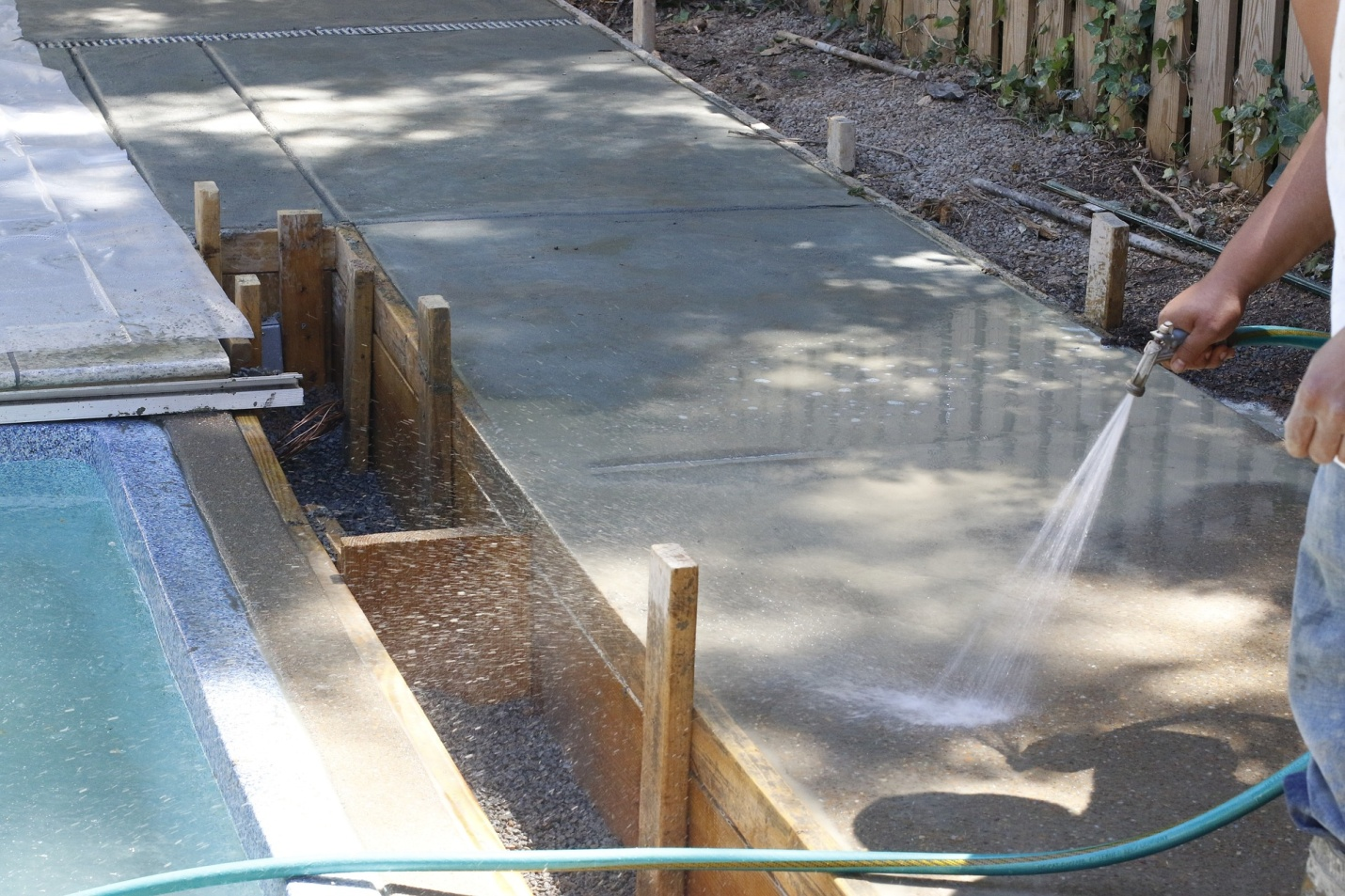Having a pool in your backyard is always a great excuse to invite friends over for a party on the weekend. But before you invite all your friends over for a dip, you need to make sure your pool’s water is clean and safe. Testing your swimming pool’s water might seem difficult, but with our handy guide, you’ll be a pro at it in no time. Read on to learn everything you need to know about testing your pool’s water quality.
Why Test Your Pool’s Water?
The first question you might be asking is, why bother testing your pool’s water at all? Can’t you just enjoy the pool without worrying about the nitty-gritty details? Unfortunately, it’s not that simple. Swimming pools are breeding grounds for bacteria. Those bacteria can make swimmers sick if the water isn’t properly treated. That’s why it’s essential to keep an eye on your pool’s water quality and ensure it meets all the necessary safety standards.
How To Test Your Pool’s Water Quality
Now that we’ve gone over why testing your pool’s water is so important, let’s talk about how to do it. There are a few different ways to test your pool’s water, but we’ll just focus on the two most common methods—test strips and digital testers.
1. Test Strips
Test strips are one of the most popular methods for testing pool water because they’re relatively inexpensive and easy to use. All you have to do is dip the strip in the water for a few seconds, then compare the strip to the color chart included in the package. The colors on the strip will tell you everything you need to know about your pool’s pH, chlorine, and alkalinity.
2. Digital Testers
If test strips seem like a hassle, consider investing in a digital tester. These devices are more expensive than test strips, but they’re worth it for their convenience and accuracy. Simply insert the tester into the water and wait for the readings to appear on the screen. In just a few seconds, you’ll know everything there is to know about your swimming pool’s chlorine level, pH level, alkalinity, and calcium hardness.

Tips For Testing Your Water Most Accurately
- Follow the instruction that is mentioned on the tester kits
- For strips, dip them as per the directions
- Thoroughly read about the process and acquaint yourself with it before trying it out
- You should do a water test before adding any treatment chemicals to the swimming pool
At Perfect Pools, we help you design and build a pool that meets all your specific requirements. Our landscape designers can also help you upgrade your outdoor space with various features, including a patio, pavilion, softscapes, hardscapes, water, and fire.
Contact our pool contractors today to learn more about our services.


